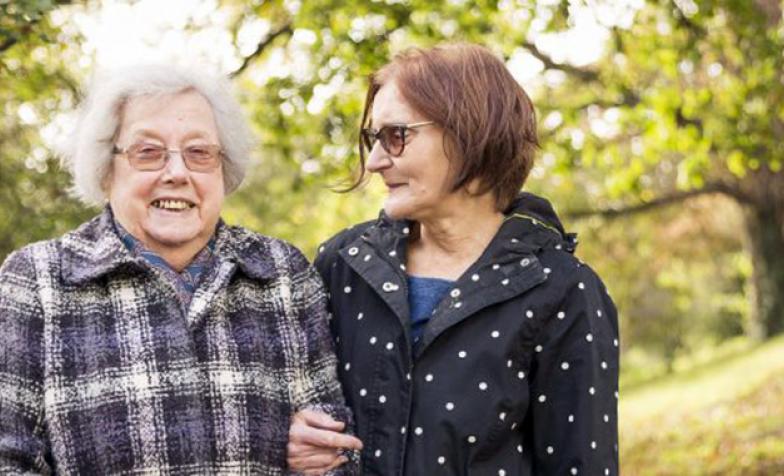
Starting out

If you're considering developing a community volunteering programme, there are several areas you might want to explore.
Gathering information
One of the most important questions to ask is what you hope to achieve through a
community volunteering programme. This will have a significant influence on the
type of programme you develop. Do you want to:
- Focus on public health or a Compassionate Community approach to palliative care?
- Engage and empower the community to support people with PEOLC needs?
- Reach more people that do not typically use hospice services?
- Extend the support that your hospice can offer?
At the outset, a scoping exercise is valuable in identifying currently available support in the local
community. It is just as important to understand the palliative and end of life care needs in the
wider community.
This will identify key areas of focus for the community volunteering programme and
potential partnership opportunities, minimising duplication of support.
What are the challenges, drawbacks and risks?
It's important to understand the challenges. Forewarned is forearmed! The drawbacks
most frequently identified by hospices in the Analysis Report included:
- Management (including recruitment, support, training, funding)
- Maintaining boundaries.
- Meeting demand.
- Managing risk.
More details can be found in Analysis Report Section 6, along with specific case studies.
Community Volunteering - success stories
Read some of the ways community volunteering is making a difference.




